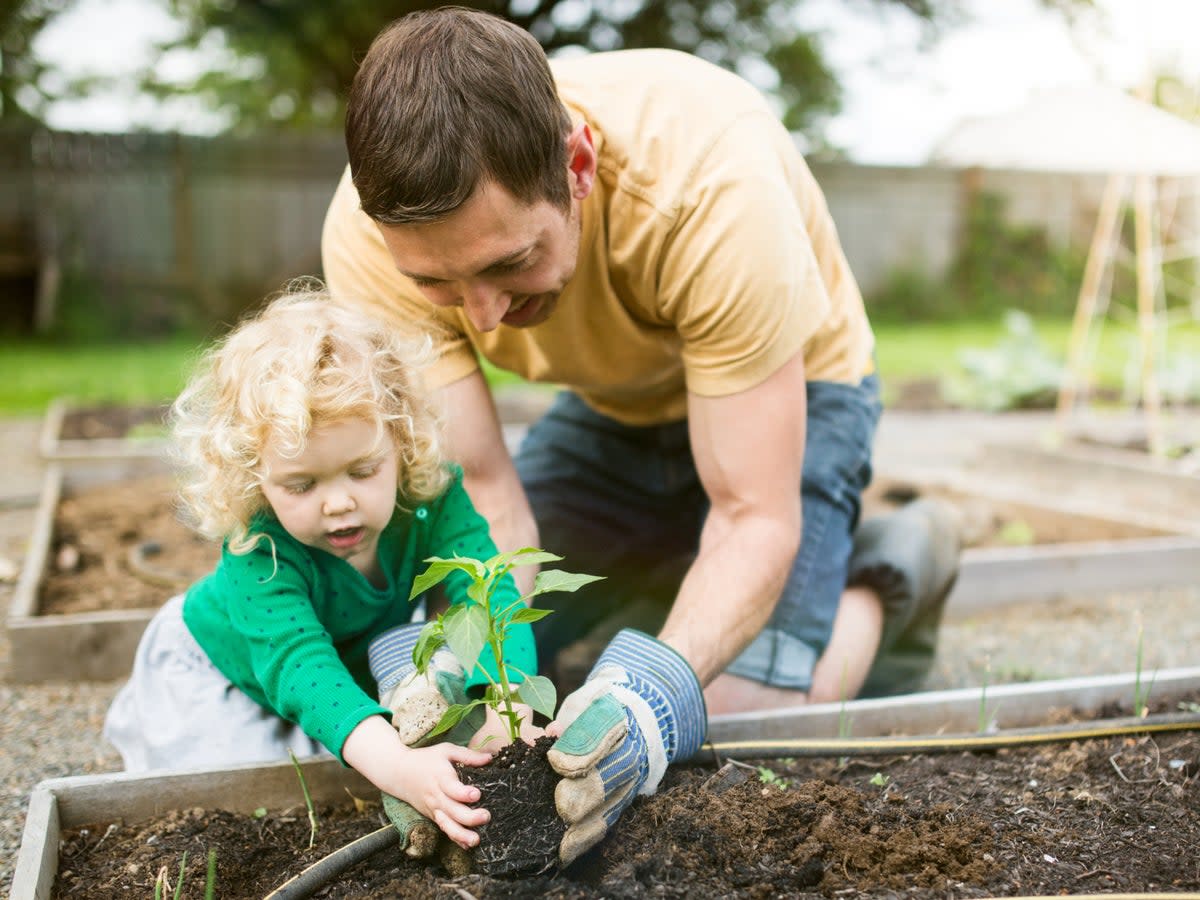Gardening can improve your mental and physical health, research finds

Gardening is proven to improve your mental and physical health.
According to research, gardening can improve people’s mental health in two different ways, either through the aesthetic appreciation of nature or how gardening can bring people together. Scientists credit gardening’s effects with the fact that the activity can be a multisensory experience.
“It’s the taste, the texture, the sensation … wind on your face and your hair, just feeling the elements of nature. And it helps people feel alive, awakening in some way,” explained Jill Litt, senior researcher at the Barcelona Institute for Global Health, to The Washington Post. “These are things that are very therapeutic.”
The smells and sounds of nature, in particular, positively impact a person’s mental wellbeing. From the chirps of birds in the morning to the scent of flowers, nature-based activities like gardening benefit from being immersed in all that nature offers. Being surrounded by nature can reduce stress, with researchers attributing the phenomenon to the attention restoration theory, which suggests that nature can stimulate minds by softly grasping one’s attention.
However, the difference between gardening and other nature-based activities is that it “requires active participation” and “getting the hands in the dirt”, making it a more kinetic experience that can improve your physical health. From digging to planting, gardening requires a physical level of investment that qualifies as exercise.
Cultivating the soil and tending to life can also be socially beneficial, with many thriving in community gardening spaces that bond people with a common purpose.
“All of it’s textbook on how you build strong relationships,” Litt said. “The garden calls them to come back because they have a responsibility.”

On a smaller scale, Litt noted that gardening at home can also spark a different sense of social connection. Her research indicated that at-home gardeners tended to be more involved in their communities and were found to be more likely to vote in the local election as well as participate in the local homeowners association.
Last year, in an Australian study with 4,919 middle-aged and older adults, researchers found that those who gardened for at least 2.5 hours each week reported higher mental wellbeing and life satisfaction. The data indicated that the benefits of gardening were more pronounced among adults 64 and older.
The act of growing and taking care of your garden is proven to provide physical and mental relief. Whatever the intent behind cultivating a garden, whether growing food or creating an aesthetic display for ornamental purposes, gardening is often a meditative experience that can bring people down to earth and get in touch with their senses.


